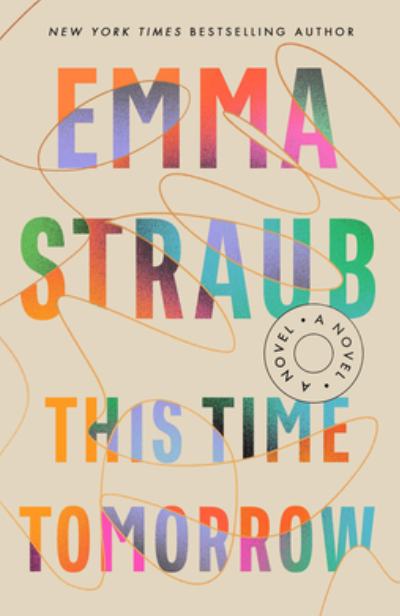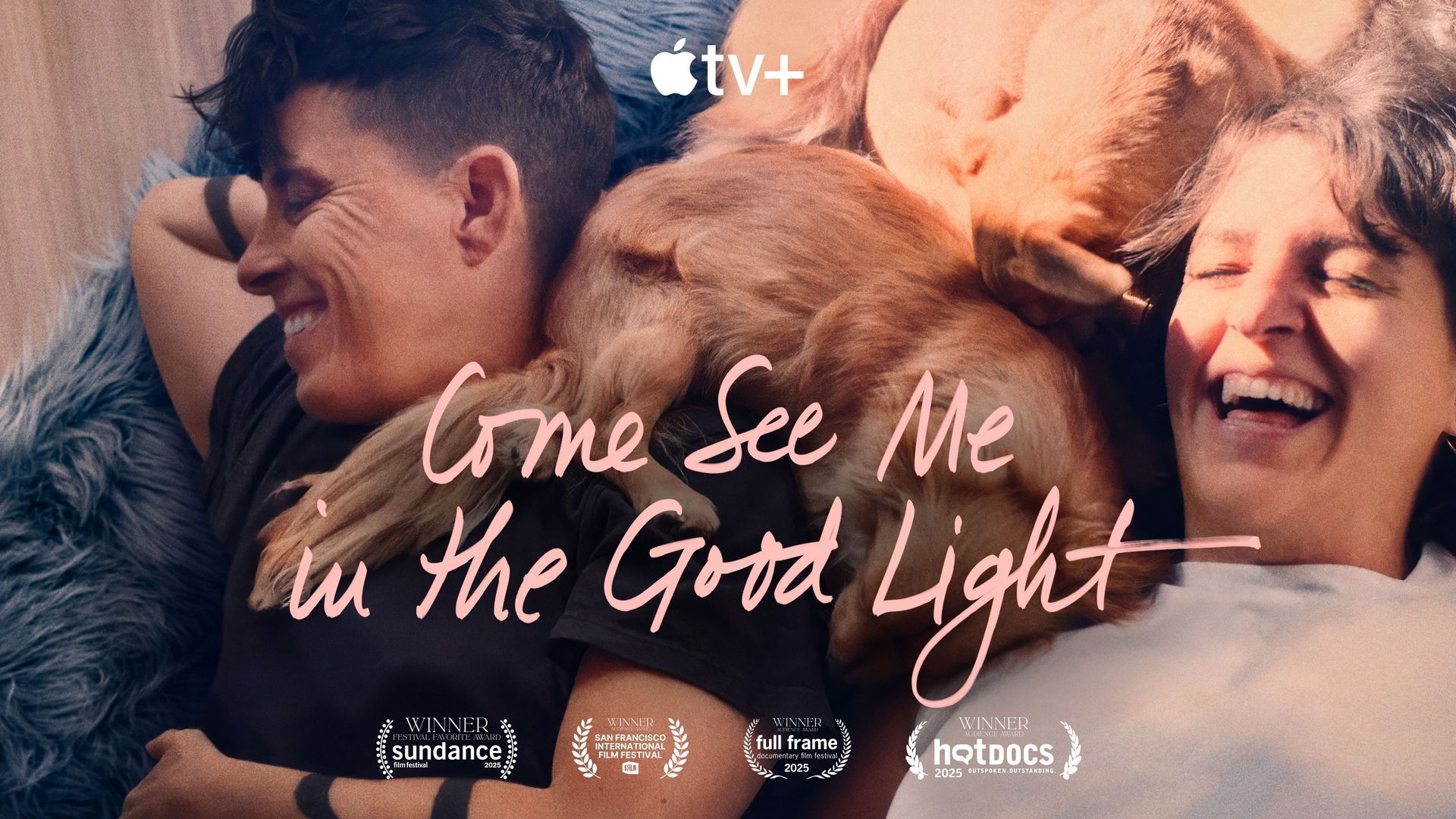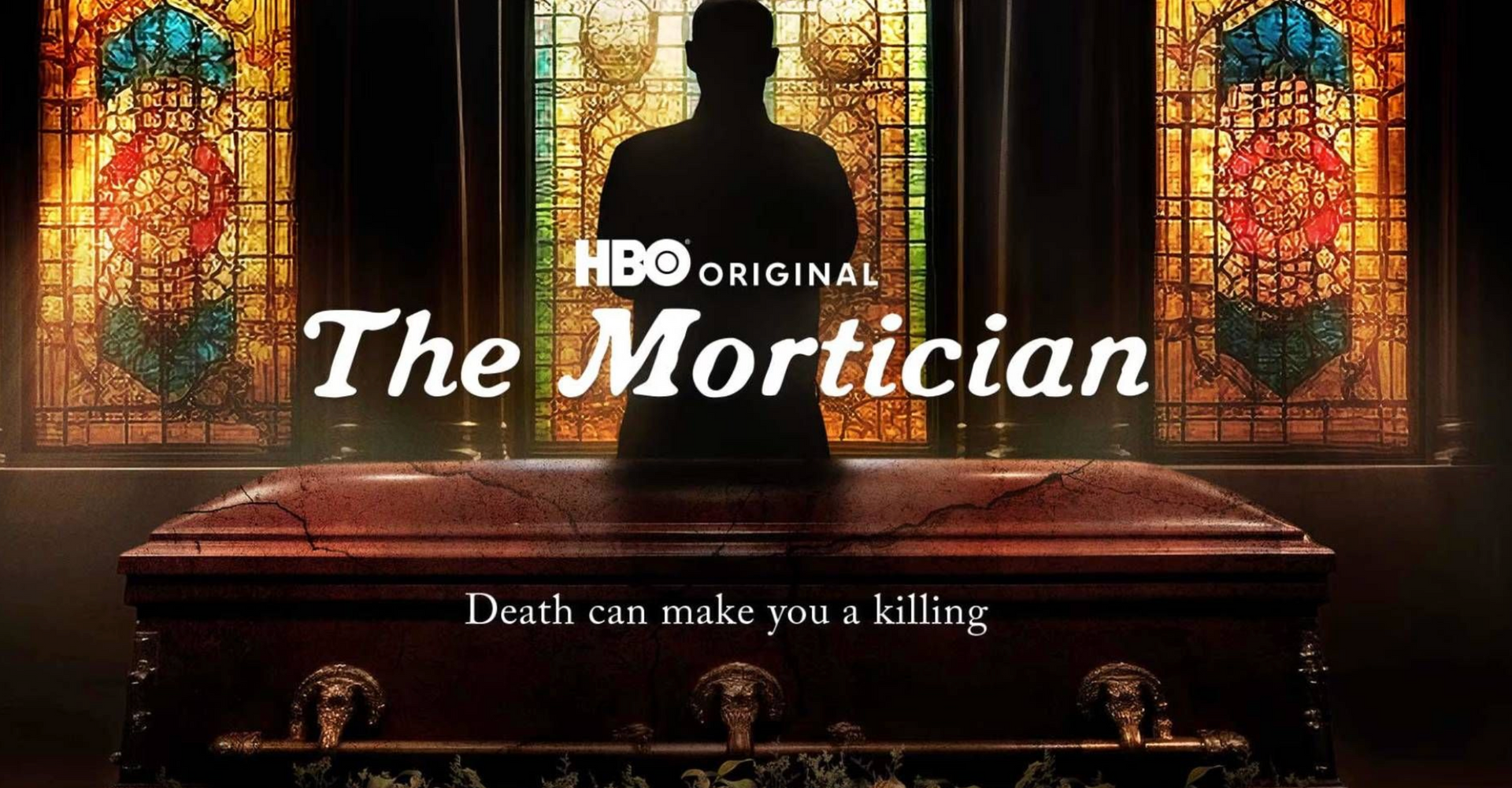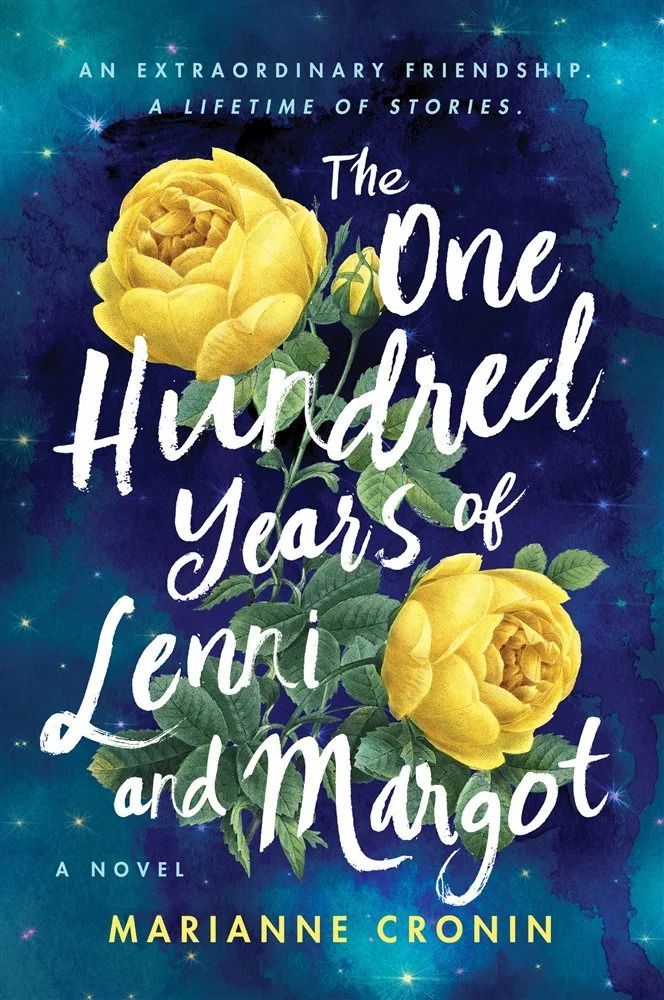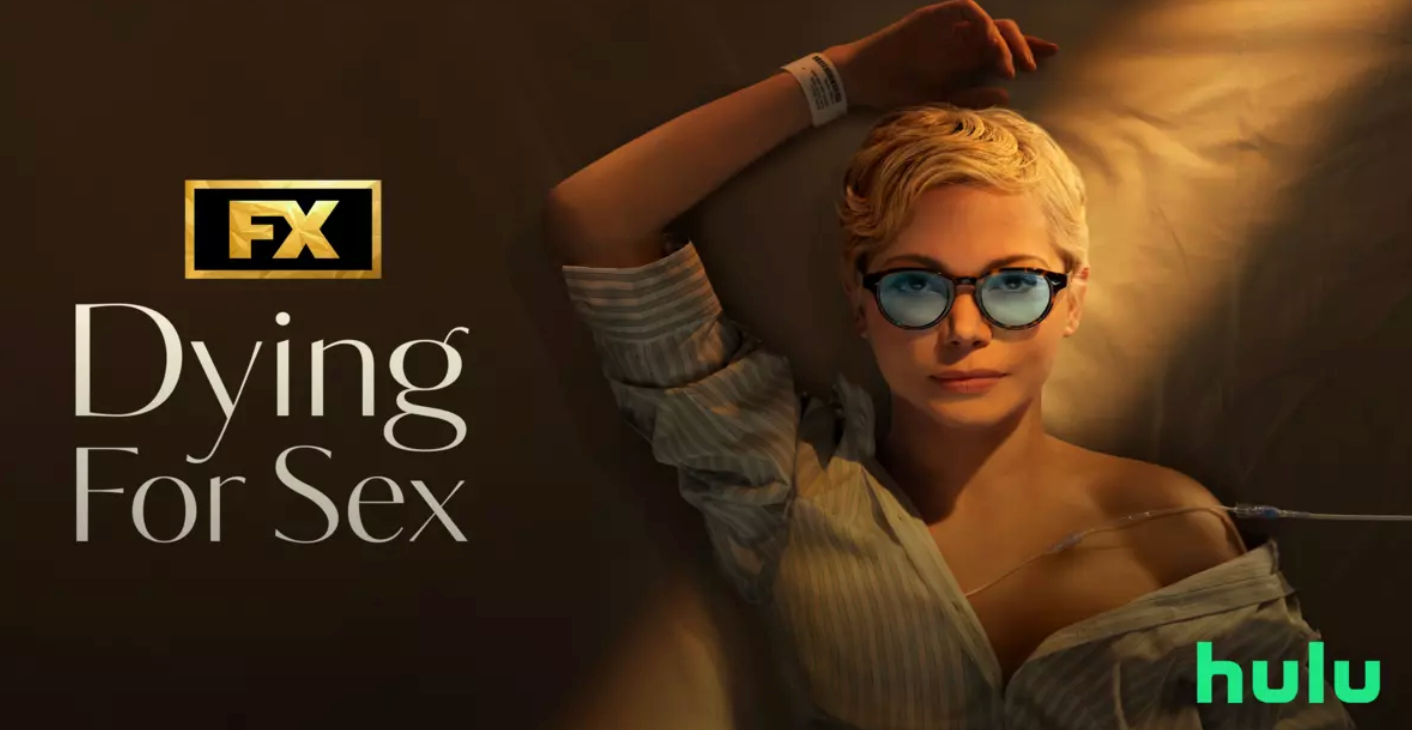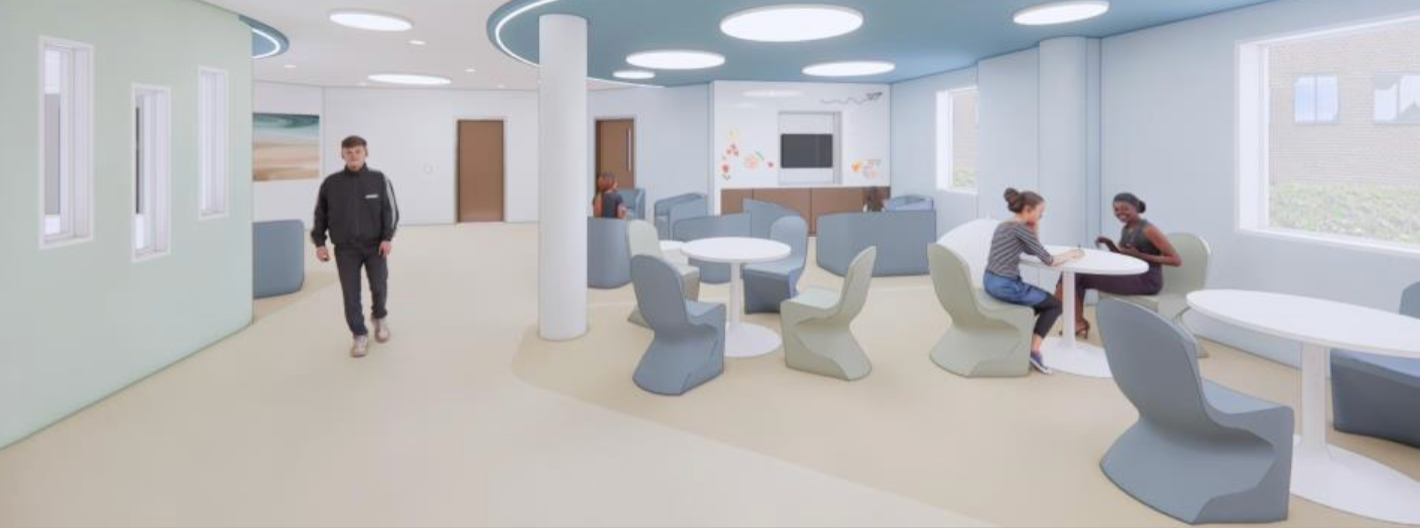How to make sure that it's all taken care of
Who here has ever heard someone say with regards to their funeral arrangements, “it is all taken care of”? How each person defines “all taken care of” has quite a range and on one end of the spectrum is practically nothing is planned and at the other end, every “i” is dotted and each “t” is crossed.
In my family we lean towards the latter, which is a load off the mind of those left behind. In my work at Memorial Funeral Home, I constantly hear stories of when a parent or spouse, sibling, grandparent, aunt, friend etc. says, “don’t worry it is all taken care of…” and the adult children leave it at that and ask no follow up questions. When the eventuality comes to pass, the adult children (or family and friends left in charge of arrangements) discover only a cemetery plot has been purchased, but there are so many other details, like selecting hymns, picking out clothing for the deceased, and so many other little details.
Here is a list of questions (not exhaustive by any means) that can help ensure everything really is all set:
- Is a viewing before burial or cremation important?
- What church or religious presence do you want (if any at all)?
- How will the deceased get to the cemetery?
- How will you honor their life?
- Will their body be cremated or buried?
- Which casket or urn?
- Where is the final resting place? Possibly a cemetery lot or a special place for scattering.
- Will there be music at the service? What are some favorite songs or styles of music?
- Will there be readings?
- Who will do the eulogy?
- Where will the service be?
- Who oversees the decisions? Who is a backup planner, do they have legal authority to do so?
- Will there be food and beverages after the ceremony? Any special requests or favorite recipes?
- What about picture boards and a slideshow, who has the pictures?
- Who will pay for it?
- Who will write the obituary? Where will it be published?
- What do you do if members of the family can’t get along? The more you can plan in advance and reduce decisions by survivors, the less likely they are going to struggle with all the decisions to be made.
There are many more questions that need answers than these basic ones. The process of ensuring that final wishes are honored is called advance planning, pre-need planning, or a pre-arrangement. One of the benefits to this type of planning is to reduce stress levels of the bereaved as much as possible while setting them on a healthy grieving path. Surviving family and friends will be able to focus on their loss instead of logistical details.
After a loss whether expected or unexpected, families and friends left behind can be emotional. Making decisions at an emotional time can be very difficult and sometimes leads to regrets. We cannot think of a family we have served over the 90 years we have been providing services who were angry about having a pre-need plan in place. Most are so grateful that they do not have to make a massive number of decisions when they are under duress.
Another reason to pre-plan is because once the plan is written down, you can rest easy, and your personal preferences will be respected whether that means specific religious, cultural traditions, or a unique secular celebration of life. If you leave it to others, they will just be doing their best to guess what you would like.
Should you decide this is a good choice for your family and want to meet with a funeral director and you will be led through as many of the planning decisions as you want. Once final decisions are made, they need to be shared. It’s rare that you will need to worry about this, but if your wishes need to be protected against undesired changes by family, then you need to ensure you have taken the right steps for your state of residence.
In RI, you can sign a pre-need contract with a properly credentialed institution. For the funding portion of the discussion, you can either make payment arrangements over several months or years depending on your budget or you can pay for it all at once. In the state of Rhode Island, the money you put down for your funeral/memorial services is placed into a trust which means the account is still the property of the individual, not given over to the funeral home. If a funeral home goes out of business your money remains protected, and it can be switched to another funeral home.
Other than the above-mentioned benefit to your remaining family/friends, early selection and pre-payment provides some financial predictability by way of establishing an agreement with today’s prices for future services. The interest earned on the prepaid funds is often used to offset the future costs and may provide a price assurance or guarantee. Each funeral home has its own policies regarding the price guarantee. The way the company can provide those assurances is with the interest earned on the money placed into the trust.
There are some items that will likely be a part of your plans, and you may want to include allowances for those costs, like obituaries, flowers, and food after the service. We cannot predict future pricing. These are called cash advances, or third-party expenses. You can still set money aside for that, but those items are often not covered by the price guarantee and may not cover the entire bill in the future.
Should you select to pre-plan and prepay for the expenses the money (up to a certain dollar amount) can be protected from Medicaid should you end up in a long-term care facility. If the account has been given irrevocable status, it will not count as part of the Spend Down process with Medicaid.
If you do arrange the pre-plan, please make sure your nearest and dearest know what funeral home you used for arrangements or better yet ask them to join you for the meeting. Be aware that some families do not like to talk about what happens when people die, so enter those conversations delicately.
Please make sure whatever funeral home or cremation provider you use is a licensed and trusted provider. We hope this helps demystify the idea of planning ahead and prepaying for funeral expenses, as well as providing you with some information about the right way to setup a trust and pre-plan funerals.
If you have any questions, please call us to set up a time to go over your questions and the process in greater detail. Most funeral homes are willing to sit down and guide you through the planning process at no cost or commitment. Just call and ask for an appointment.
